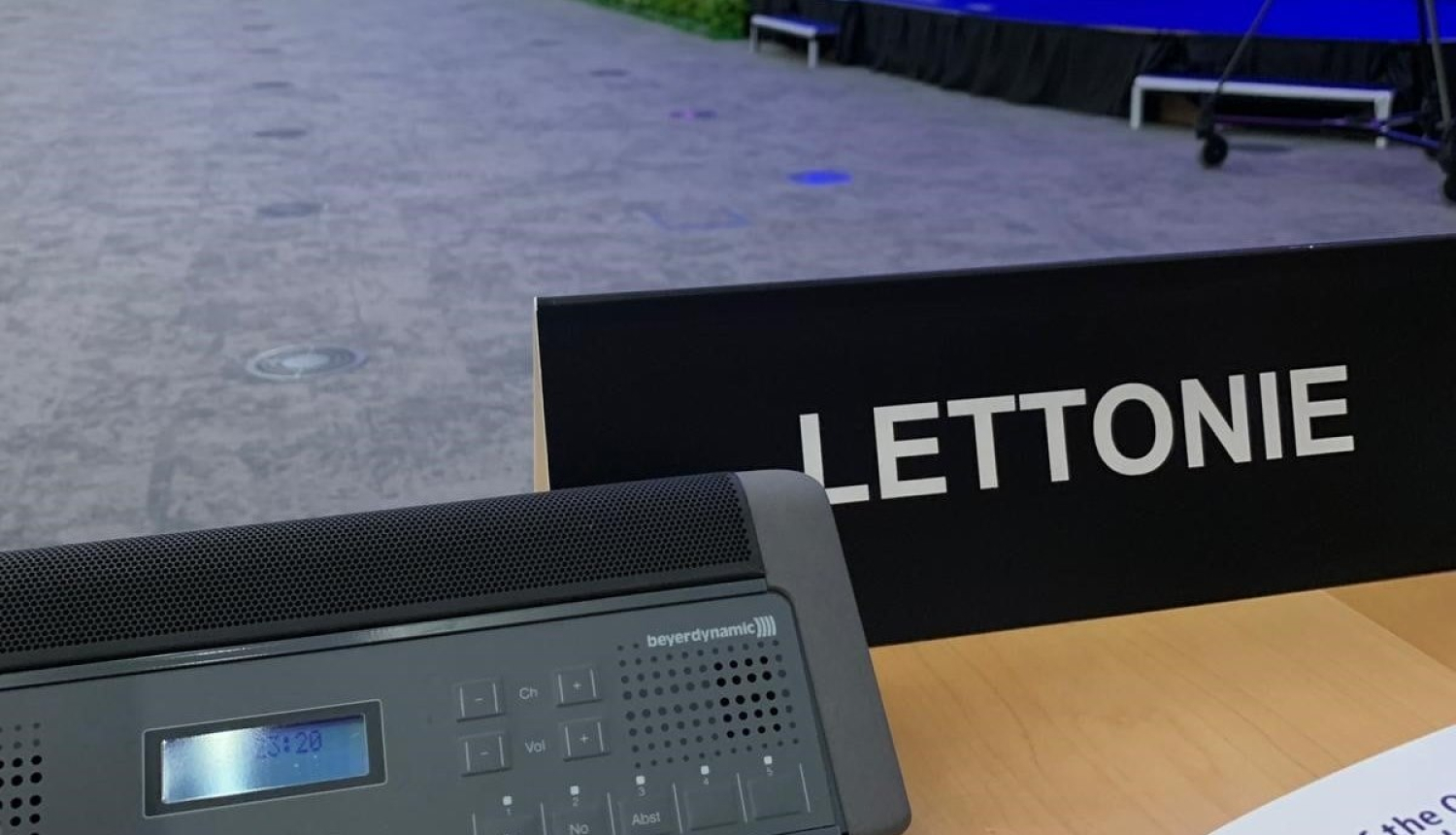Riga, 13 July 2020 - Environment Protection and Regional Development Minister Juris Pūce (AP!) will participate in the informal videoconference of the Environment Ministers of the European Union (EU) on 13-14 July this year on the green recovery following THE COVID-19 crisis, with a special focus on digital issues and sustainable development in the EU.
Minister Juris Pūce points out that effective action on economic recovery measures following THE COVID – 19 crisis should be accompanied by the EU and Latvia's progress towards climate neutrality, as well as the preservation of biodiversity and ecosystems: “An ambitious EU climate policy and the implementation of the circular economy will strengthen Latvia's long-term competitiveness and will play an important role in ensuring that the EU and the economy Latvia's economy would also benefit FROM THE economic crisis created BY COVID-19. . The planning of economic recovery measures requires continued progress towards the EU's long-term objectives and climate neutralisation. I. Investment to achieve climate neutrality objectives will boost economic growth, create new jobs and provide opportunities to develop new sectors.
Latvia also supports ambitious plans to boost the circular economy. In order to promote sustainable consumption, Latvia points to the need to inform consumers about carbon products and services U. Towards a circular economy, green public procurement should be used more broadly, ensuring that devices purchased in public procurement have as little environmental impact as possible.
At the same time, Latvia also supports the idea of strengthening the role of EU digital technologies. Digital infrastructures, technologies and applications are essential factors that could allow climate change and environmental challenges to be addressed in Europe and around the world, as proposed by the European Green Course. In order to achieve these objectives, appropriate EU financial support should be devoted to increasing financial investment in the promotion of digital transformation. It would be particularly important not to reduce the financial support needed to take advantage of the emerging situation in the development of digital transformation by promoting the development of process digitisation and electronisation of services.
During the discussions at the informal videoconference of EU Environment Ministers,ministrs Pūce will emphasise that the use of smart digital solutions in sectoral policies can contribute to energy efficiency and the transition to a circular economy. . Latvia appreciates the European Commission's intention to develop digital product passports in order to ensure traceability and exchange of information throughout the value chain.
At the same time, it would be important to ensure the sustainability and repair of devices. . The longer-term use of devices (their endurance, reuse and repair) contributes to the availability of resources, thereby reducing the existing dependency on existing supply value chains.
In order to make a full contribution to the implementation of the UN Sustainable Development Goals 2030, the ICT sector should continue to reduce its negative environmental impact, including and by reducing greenhouse gas emissions. . The Latvian side points out that linking the ICT sector to sustainability is essential to address environmental and climate change challenges, as well as to ensure a green reshuffle.
Latvia's initial assessment of the European Green Course * * was included in the information report entitled “European Green Course”, which was discussed at the meeting of the Cabinet on 11 February 2020.
Latvia's national position on “New Circular Economy Action Plan”. A cleaner and more competitive Europe approved in 2020 a. Meeting of the Cabinet of Ministers on 28 April.
* Climate neutrality is a situation where economic activity and consumption do not have a negative impact on climate. . Achieving climate neutrality is characterised by the balance of greenhouse gases (GHG), namely the reduction of all emissions and the offsetting of non-reduced emissions from plants (g. K. in forests) or underground capture and storage.
* * Green is a new EU growth strategy to create a fair and prosperous society with a modern, resource-efficient and competitive economy with (GHG) net emissions falling to zero in 2050.
Information:
Public Relations Department
Ministry of Environmental Protection and Regional Development
Tel. 20200305; 67026533,
email: prese@varam.gov.lv
